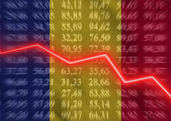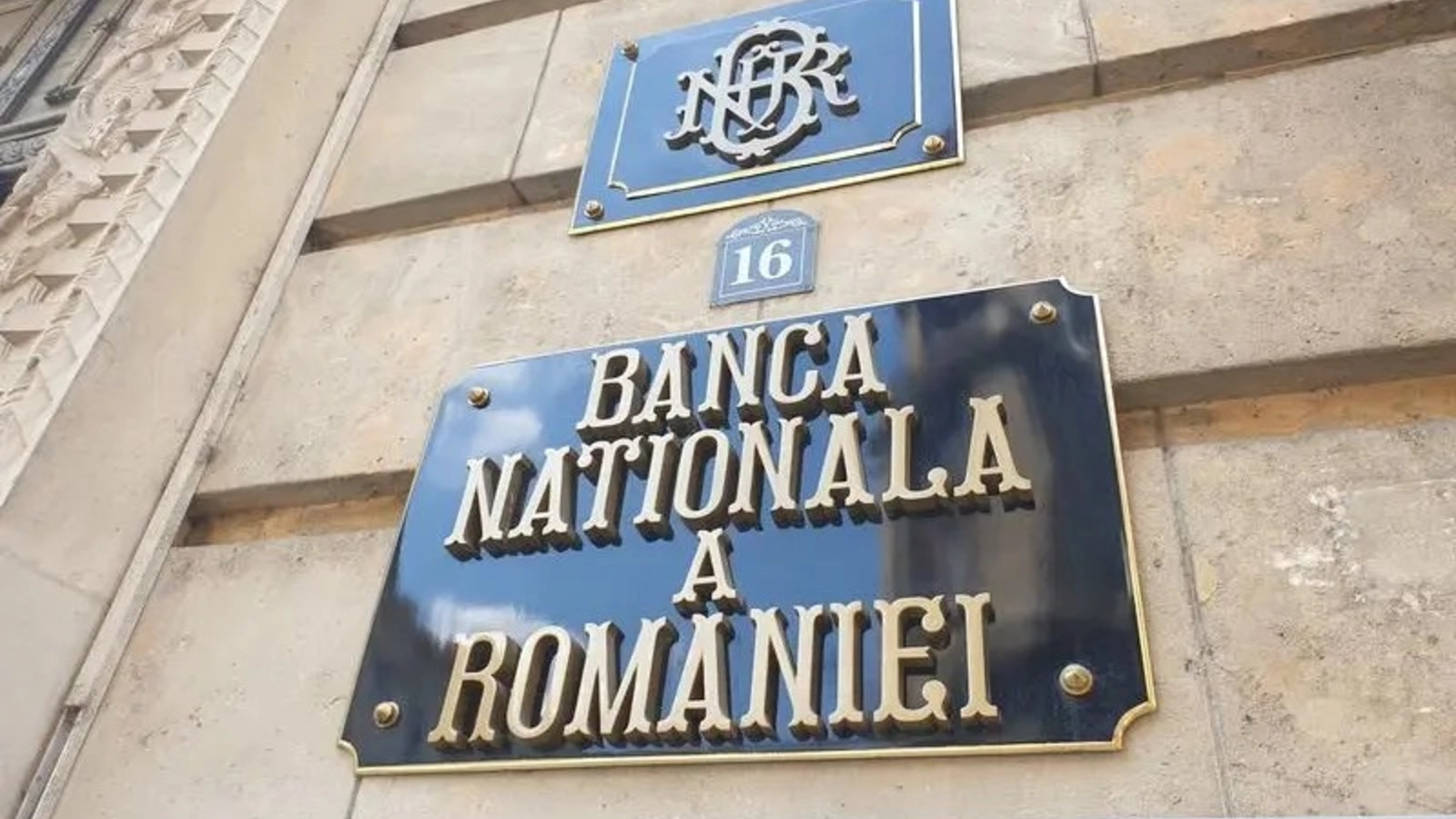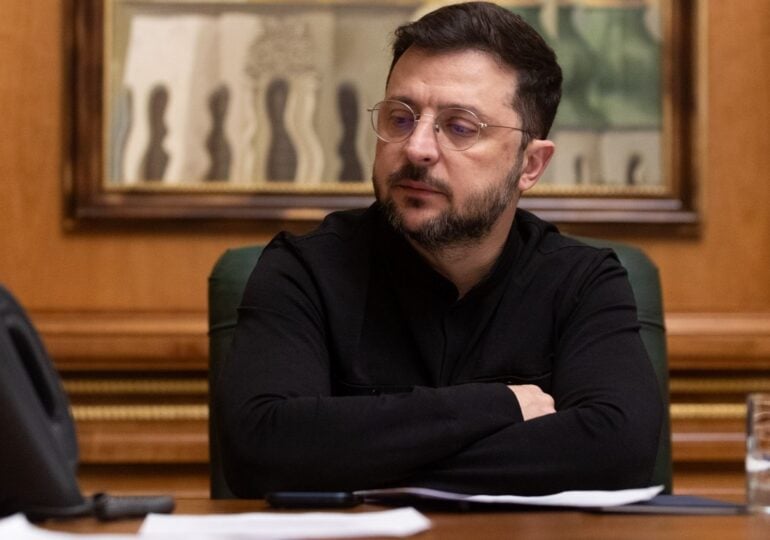The National Bank of Romania has done and is doing everything it can, but for the reduction of inflation to continue in a sustainable way, it is certainly necessary for the fiscal deficit to be reduced, as well as the high level of uncertainty in which we operate, argues Cristian Popa, member of the Board of Directors of the National Bank of Romania (BNR), in an opinion article posted on Linkedin.
"In the online press, but also in the written press, on TV stock exchanges, and at economic conferences, the obsessively repeated and panicked theme of "the most expensive Easter in history" or "explosion of prices" will soon flood the public space. Alongside it, the theme of "the highest inflation in Europe" will probably also appear, although Romania is in second place (after Hungary), and Poland is shoulder to shoulder with us. The discussion is rarely balanced or well-argued, the few opinion leaders, with a predominantly negative discourse, create the perception that "it's bad and a crisis is coming", and this perception almost seems like reality", writes Cristian Popa, in the article "About "the most expensive Easter in history".
According to him, the central bank's messages, well and correctly argued, factually correct, supported by data, but lacking in sensationalism, fail to resonate and break through the media noise. He offers several observations in the article.
"The obsessive repetition of biased, factually incorrect or out-of-context messages can generate perceptions that are completely different from reality, can induce panic and irritation, but that does not make the messages real and/or true. The reality is that negative news sells better, is read more, distributed more, irritates and intrigues the public. However, we must stand firm and judge fairly. Inflation is a growth rate: when the inflation rate was 16.8%, the consumer basket became more expensive by 16.8%; when the inflation rate is 5%, the consumer basket continues to become more expensive, but only by 5%. Of course, the fact that inflation has decreased does not mean that prices have become cheaper - it means that they continue to grow, but at a slower growth rate. "Low inflation does not mean lower prices," explains the author of the article.
Cristian Popa mentions that central banks "want" us to have "the most expensive Easter in history" every year, because they are targeting a positive inflation rate. They do it transparently and responsibly, to avoid deflation.
"This is how the current monetary system works, whether it is good or bad is another discussion, I have my opinions. Until then, this inflation targeting regime is adopted all over the world. The target is declared - for example, in Romania, we are targeting 2.5%, plus/minus one percentage point (but not 16.8%, or even 5%). So, Easter will always be more expensive from year to year. And this is by no means a secret. But you should know this: when you negotiate your salary increase, when you make a deposit or when you take out a loan, the correct calculation includes the adjustment for inflation. The BNR's monetary policy interest rate of 6.5% is actually 1.5% if you adjust it for the inflation rate, which is around 5%. There is, of course, a huge difference between 16.8% and 5% at the consumer basket level: in the first case, prices double in approximately 4 years, and in the second, in 14 years. At an inflation rate of 2%, the doubling of prices would take place in approximately 35 years. Therefore, an inflation rate of 5% - as it is currently, with a downward trend and without being an "end of the road" - does not represent a real reason for sensational headlines. It is necessary for it to continue to decrease, of course," writes Cristian Popa.
He specifies that, if we are to play with numbers, "double inflation" is also 2% compared to 1%, as it is in some countries in the euro zone, but also 16% compared to 8%, as it was, but is no longer, in our country. The sensational headline can remain the same: "inflation has doubled!".
"Of course the question arises: why are we at 5% and not 2.5%? The high level of uncertainty, the high fiscal deficit, as well as an economy trying to avoid recession - all of these contribute, along with other fundamental factors. When wage costs increase by 10-15%, it is quite difficult for producers to reduce prices on the shelf or on menus. Convergence towards European averages is also a reality and contributes to this phenomenon. Economic convergence cannot take place without a certain nominal convergence of prices. I often give the example of the barber: for a Romanian barber to have the same salary as a German one - greatly simplifying, but not far from the truth - either the price of a haircut must be the same, or the Romanian barber would have to cut many more clients in the same 8 hours, so to be significantly more productive. Otherwise, there is no maybe. We would have ugly haircuts, it's a bit difficult to cut 2-3 times more for the salary to be like in Germany," explains Cristian Popa.
He states that no one goes to Munich for a cheap haircut - and not vice versa, and prices for services converge more slowly. These services cannot be "imported" easily. In contrast, prices for goods that can be easily exported (tradeables, in economic terms) compete in a free market: the best and cheapest win. Therefore, we come back to the same equation: for wages like in Germany, we must be productive like in Germany - and, of course, have a similar capital stock: factories, technology, recipes, infrastructure... and scissors.
"Price levels, a subject that is surprisingly little talked about. Romania still has the lowest prices in the European Union, on average, with the exception of Bulgaria. The price level index, compared to the EU average and calculated for individual purchases of goods and services by households, is 61.1%. Only Bulgaria is below this level, at 59.2%. The European Union average is, of course, 100. It can happen, of course, that a product - in a store, or even several - has a higher price than the one you saw in Germany. We see the post on social networks and get annoyed. However, if we look at all the prices, on average, both in the city and in the village, the reality is the one in the infographic: it is still cheaper to live in Romania. The basket of each of us is different, so and perceived inflation varies. Depending on preferences, geographical location, the evolution of each price, etc., your inflation is different from mine. But, as economists, we can only work with averages," says Cristian Popa.
He specifies that inflation must be related to income. In the last 3 years, the average gross salary has increased from 6,000 to almost 9,000 lei - an increase of 50%. In 2024, the average inflation was 5.6%, while the average salary increased by 11.4%, and the average pension by 40%! Overall, in the last 3 years, prices increased by 30%, salaries by 48%, and pensions by 58%!
"All this means that we can safely get through another "most expensive Easter in history" - without panic, and with the confidence that inflation will continue to fall. We will close the year at 3.8%, and next year, at this time, we will be back on target, below 3.5%. Even if, next year, we will have a new season of "most expensive Easter in history". The NBR has done and is doing everything it can. However, in order for the reduction of inflation to continue in a sustainable way, it is certainly necessary that the fiscal deficit be reduced, as is the high level of uncertainty in which we operate. Fiscal consolidation cannot wait any longer, and it is coming, and the reduction of the deficit will have an important contribution to the decrease in the inflation rate. Explaining the phenomenon seems easy, but it is difficult, especially in a world where sensationalism sells, and the journalistic appetite for "The number of correct, but unsensational explanations is not very large. However, it is the duty of central banks to continue explaining. I made an attempt above," Cristian Popa also wrote.
Popa: In order for reduction of inflation to continue in sustainable manner, fiscal deficit needs to be reduced
Articole Similare

11
TVR announces finalists of National Eurovision Selection
11

7
DefMin Miruta leading Romania's delegation to Munich Security Conference
7

6
Romania's economy grows by 0.6pct in 2025, but ends year on technical recession
6

9
President signs degree on judge Ionela Tudor's retirement
9

9
President Dan: Governing coalition works better than generally perceived
9

13
President Dan: The European Commission has committed to come up with proposals on lowering energy prices
13

12
President Dan: For each of the three prosecutor's offices there are very interesting picks
12

23
EnerMin Ivan:Final Investment Decision for Doicesti SMR marks transition from analysis implementation phase
23

8
ANAT vice-president: Romanian tourism is in technical recession
8

18
ECA's Romascanu: Romania has a relatively comprehensive RRF anti-fraud framework
18

8
Bucharest Stock Exchange closes higher in Thursday's trading session
8

7
Gov't spokesperson admits it's a difficult period for citizens, but essential for budget balance
7

9
Protest in Timisoara against postponement of Constitutional Court's decision regarding magistrates' pensions
9



















Comentează